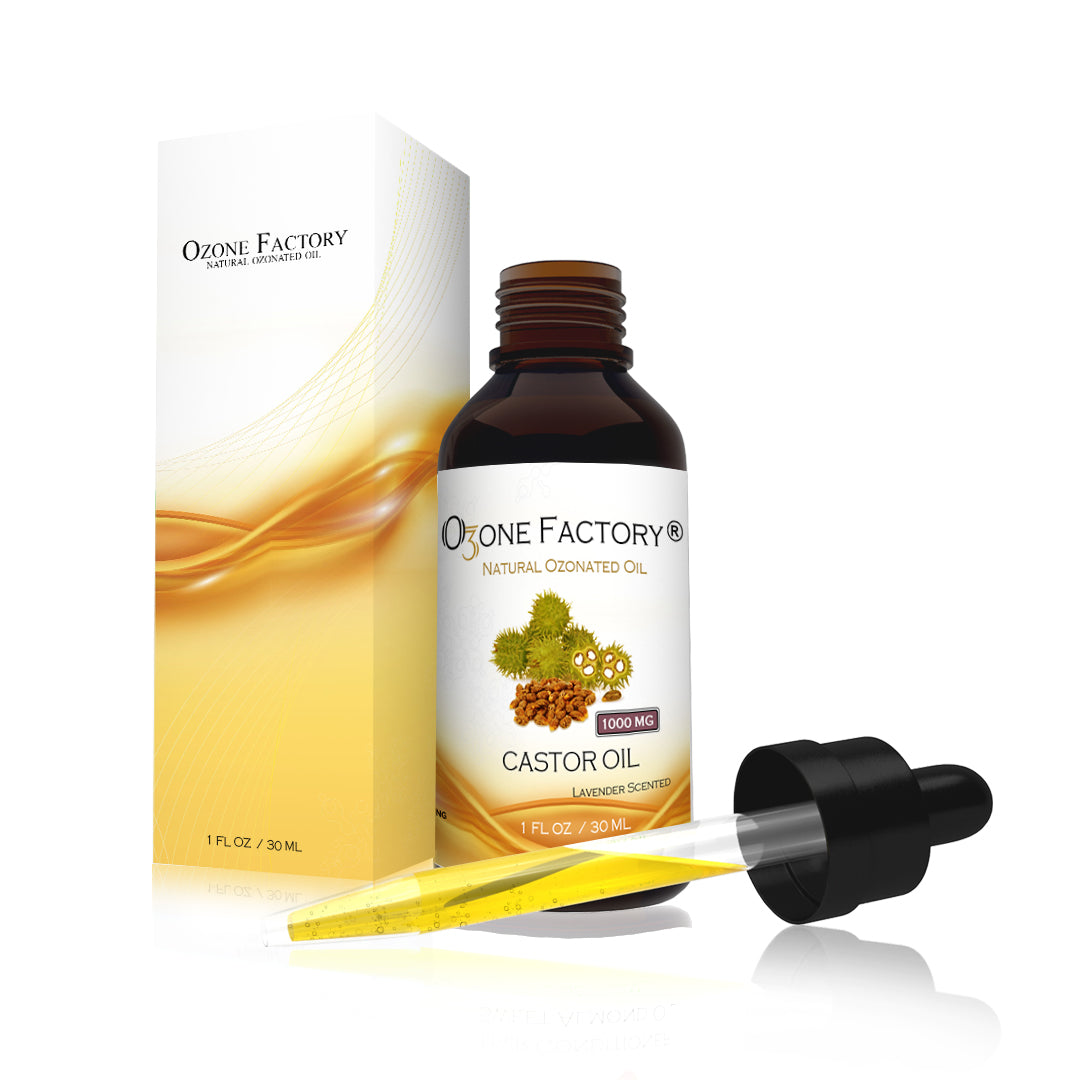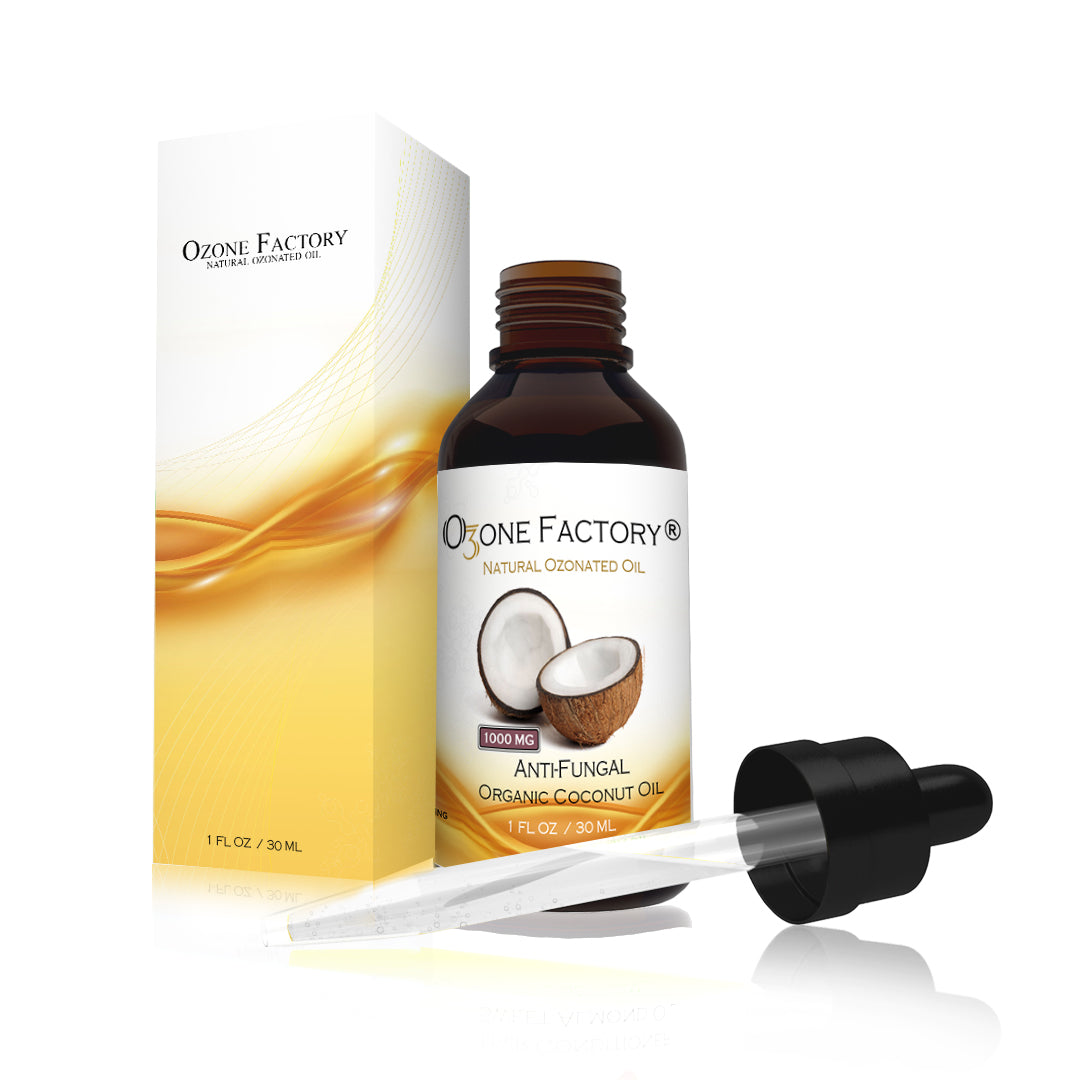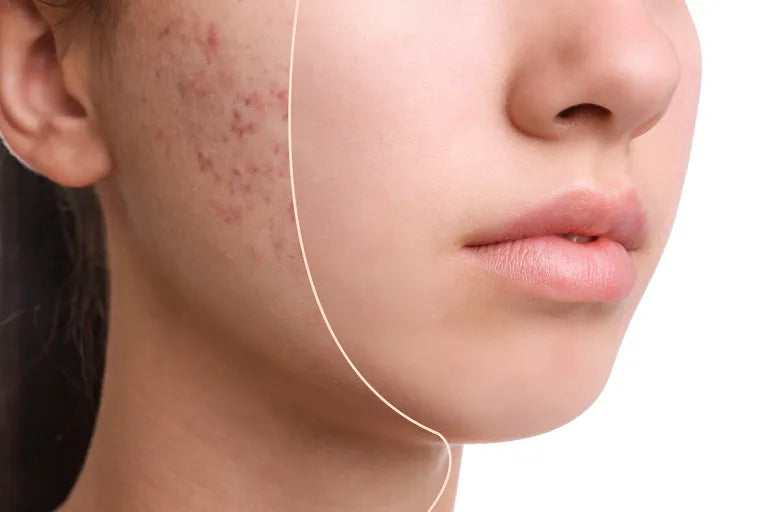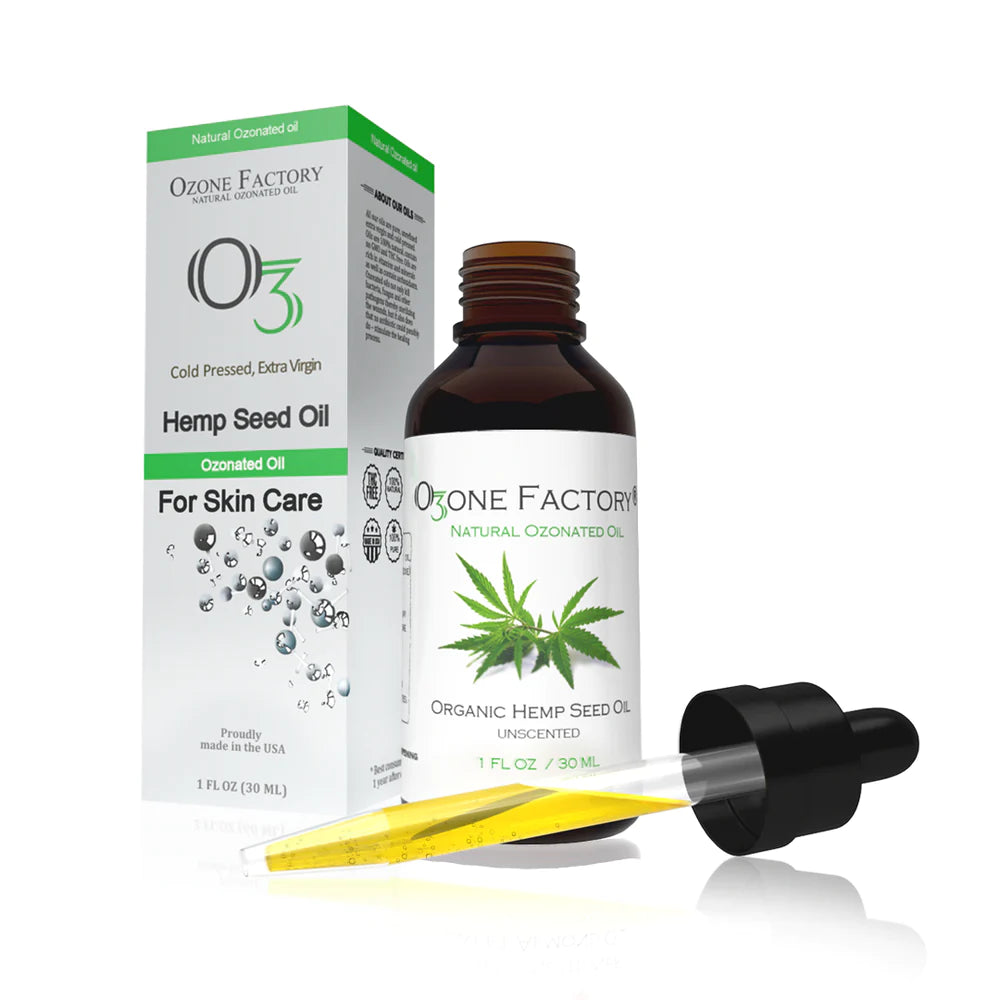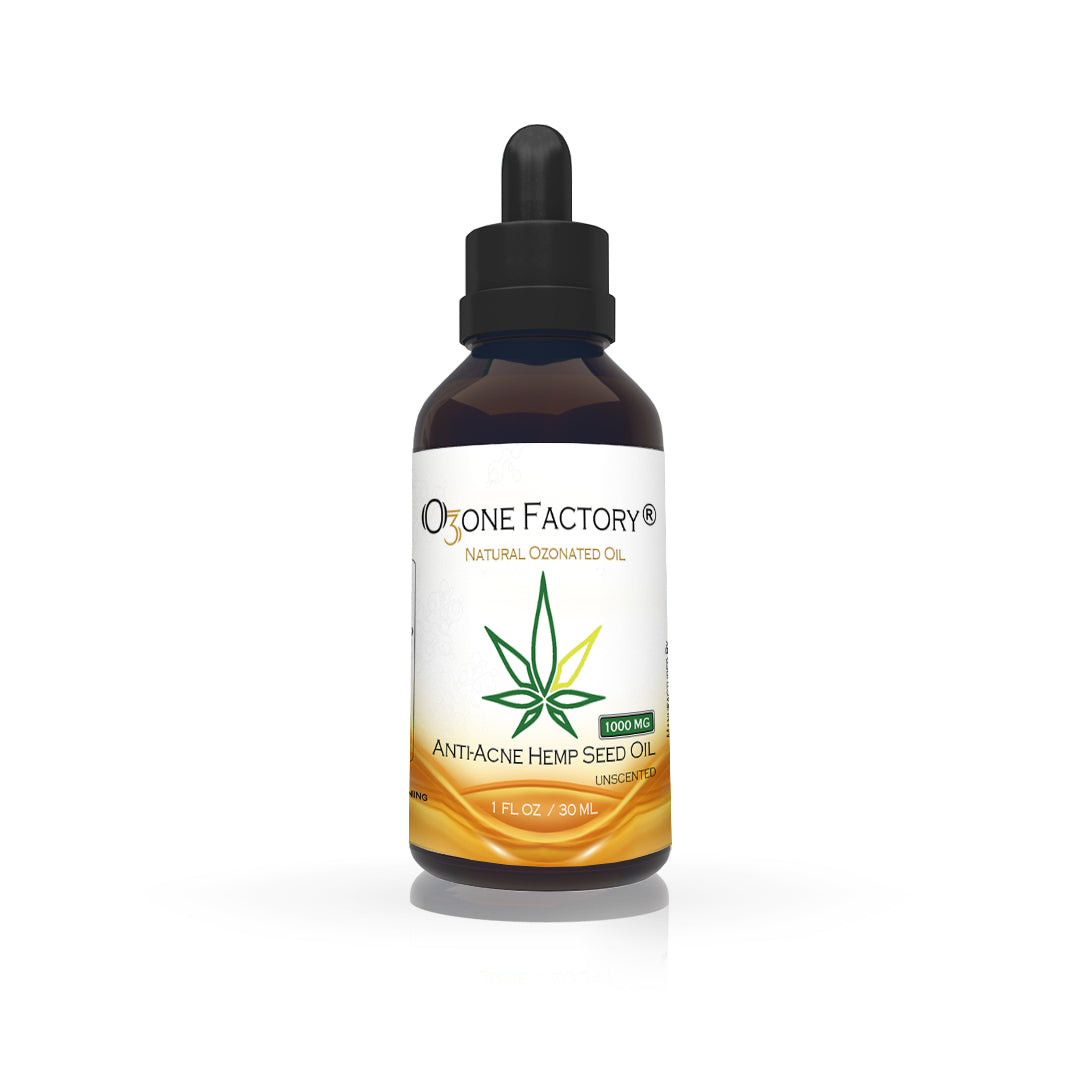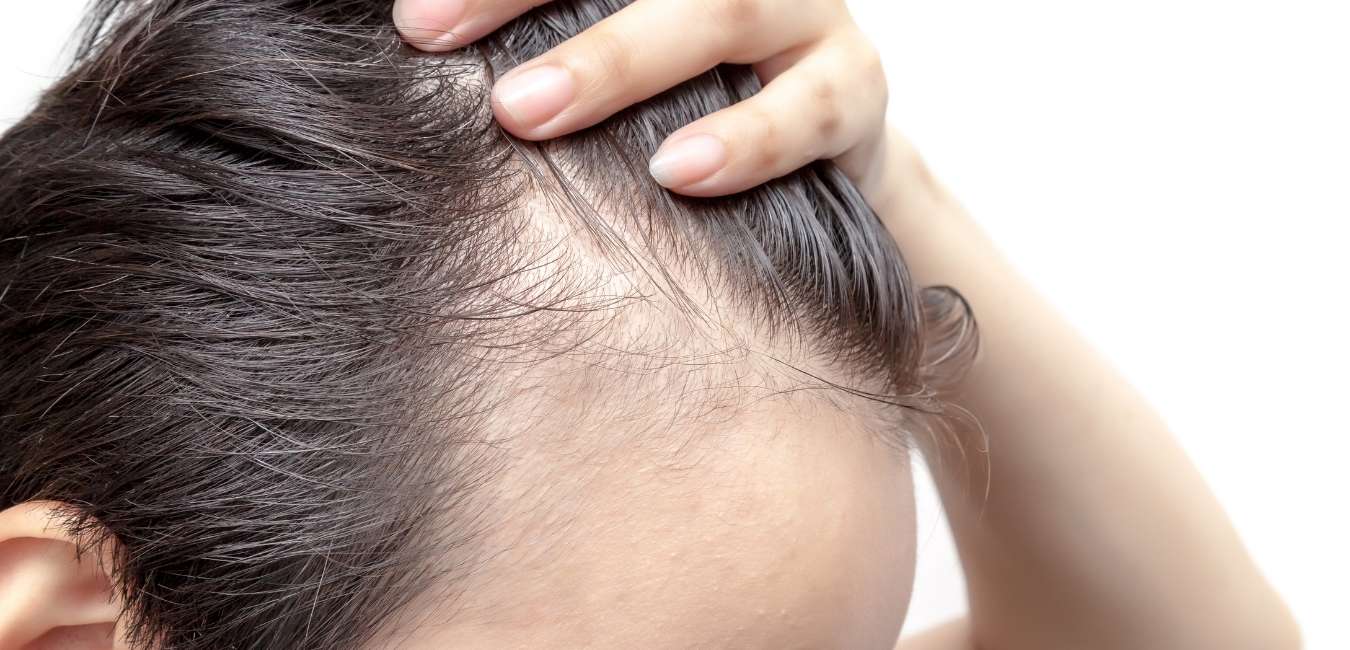
Alopecia, commonly known as hair loss, is a condition that can impact self-confidence and emotional well-being. With various types and causes, the search for effective treatments is ongoing. While medical treatments offer solutions, natural remedies like ozonotherapy and ozonated oils are increasingly being explored for their potential benefits in promoting scalp health and supporting hair regrowth. This article delves into the different types of alopecia, available treatment options, and how ozonated oils may offer a supportive role.
What is Alopecia?
Alopecia is a general term for hair loss, which can affect the scalp, face, or even the entire body. The causes of alopecia are diverse, ranging from genetics and autoimmune disorders to stress, hormonal imbalances, and environmental factors. While hair loss can be a natural part of aging, certain types of alopecia can appear abruptly and without warning.
Types of Alopecia
Understanding the type of alopecia is key to choosing the most effective treatment. Here are some of the main types:
- Alopecia Areata: This autoimmune disorder causes the immune system to attack hair follicles, resulting in round, patchy bald spots on the scalp or other body areas. It can affect people of all ages and often appears suddenly.
- Androgenetic Alopecia: Also known as male-pattern or female-pattern baldness, this type is genetic and the most common cause of hair loss. It usually leads to a receding hairline or thinning hair on the top of the scalp.
- Alopecia Totalis: A more advanced form of alopecia areata, alopecia totalis leads to complete loss of scalp hair.
- Alopecia Universalis: This is the most severe form of alopecia, where hair loss occurs over the entire body, including eyelashes and eyebrows.
- Telogen Effluvium: Triggered by stress, trauma, or a medical condition, telogen effluvium causes large amounts of hair to enter the “telogen” or resting phase, leading to noticeable hair shedding.
- Traction Alopecia: Caused by prolonged tension on the hair from styles like tight braids or ponytails, this type can become permanent if not addressed early.

Treatment Options for Alopecia
Treatment depends on the type and severity of alopecia. Here are some standard options:
- Medications: Topical treatments such as minoxidil and oral medications like finasteride are often used for androgenetic alopecia. For autoimmune types like alopecia areata, corticosteroids may be prescribed to suppress the immune response.
- Injections: Corticosteroid injections into affected areas are sometimes used to stimulate regrowth, particularly in alopecia areata.
- Platelet-Rich Plasma (PRP) Therapy: PRP therapy involves injecting the patient’s own platelets into the scalp, which may stimulate hair growth by improving blood flow to hair follicles.
- Hair Transplant Surgery: Suitable for permanent hair loss types, hair transplants involve transferring hair follicles from one part of the scalp to areas with thinning or no hair.
- Lifestyle and Dietary Adjustments: Nutrient deficiencies, stress, and hormonal imbalances can impact hair health. A balanced diet rich in vitamins and minerals (e.g., vitamin D, iron, zinc, and biotin) is crucial for hair health.
- Natural Remedies and Ozonated Oils: Complementary therapies like ozonated oils can support scalp health by improving hydration, blood flow, and cellular repair, which may create a healthier environment for hair growth.
Potential Benefits of Ozonotherapy for Alopecia
Ozonotherapy involves using ozone (O₃) gas, a powerful oxidizing agent, to stimulate healing and improve oxygen delivery to the targeted area. When used for alopecia, ozonotherapy may offer several benefits:
- Enhanced Blood Circulation: Ozone therapy can help improve blood flow to the scalp, delivering more oxygen and nutrients to hair follicles, which is essential for their health and function.
- Antibacterial and Antifungal Properties: Ozone has natural antibacterial and antifungal effects, which can support a healthier scalp environment by reducing microbial imbalances that may contribute to hair loss.
- Reduction in Inflammation: For autoimmune types of alopecia, such as alopecia areata, ozonotherapy’s anti-inflammatory properties may help reduce immune responses that lead to follicle damage.
- Cellular Regeneration: Ozone therapy encourages cell regeneration, which may support hair follicle repair and growth over time.
The Role of Ozonated Oils in Alopecia Management
Ozonated oils—such as ozonated coconut, hemp, olive, almond, and grape seed oils—have become popular due to their combined benefits of oxygenation, hydration, and antimicrobial action. When applied to the scalp, these oils deliver oxygen directly to the skin and can provide various benefits that support a healthy scalp environment conducive to hair growth.

Benefits of Ozonated Oils for Scalp Health and Hair Growth
- Improved Scalp Health: Ozonated oils hydrate the scalp, reducing dryness and flakiness, which can hinder hair growth. Hydrated skin is better able to support hair follicles.
- Anti-Inflammatory Effects: Many forms of alopecia involve inflammation. Ozonated oils have anti-inflammatory properties that can help soothe and calm the scalp, which may reduce irritation and promote healing.
- Antibacterial and Antifungal Properties: Scalp health is critical to hair growth, and infections or microbial imbalances can interfere with hair follicles. Ozonated oils can reduce bacterial and fungal presence on the scalp, helping to keep follicles healthy.
- Increased Oxygenation and Cellular Repair: The ozone in these oils releases oxygen, which supports cellular regeneration and may enhance follicle health over time.
- Natural Moisturizer: Ozonated oils act as natural moisturizers, keeping the scalp supple and promoting a balanced environment for hair follicles.
Recommended Ozonated Oils for Alopecia Management
Each ozonated oil offers unique benefits. Here’s how they can be used for alopecia:
- Ozonated Coconut Oil: This lightweight oil is suitable for hydrating the scalp without clogging pores. It’s a great option for daily use to keep the scalp moisturized and reduce flakiness.
- Ozonated Hemp Oil: Rich in fatty acids and antioxidants, ozonated hemp oil nourishes the scalp and may support healthier hair growth. Its anti-inflammatory effects make it ideal for sensitive or irritated skin.
- Ozonated Olive Oil: Known for its deeply nourishing properties, ozonated olive oil can help with cellular repair and is suitable for soothing an inflamed scalp.
- Ozonated Almond Oil: With its gentle, non-greasy texture, ozonated almond oil helps maintain scalp hydration and supports a healthy skin barrier.
- Ozonated Grape Seed Oil: High in linoleic acid, ozonated grape seed oil helps balance oil production on the scalp, making it suitable for those with oily skin types who still want to benefit from scalp hydration and nourishment.
How to Use Ozonated Oils for Alopecia
- Scalp Massage: Gently massage a small amount of ozonated oil into the scalp, focusing on areas with hair thinning or loss. The massage stimulates circulation, and the ozonated oil can penetrate the scalp more effectively.
- Leave Overnight or Rinse After a Few Hours: For maximum benefit, leave the oil on overnight and wash out in the morning. Alternatively, leave it for at least 30 minutes to allow the oxygen to be absorbed.
- Regular Use: Consistency is key, so use ozonated oils regularly—two to three times per week for best results.
Conclusion
While managing alopecia can be challenging, there are several treatment options that can support hair growth and scalp health. Medical treatments offer specific benefits for different types of alopecia, but complementary approaches like ozonotherapy and ozonated oils are promising, natural solutions to enhance scalp health and support follicle vitality.
By incorporating ozonated oils like coconut, hemp, olive, almond, or grape seed oil into a regular scalp care routine, individuals with alopecia may benefit from enhanced moisture, oxygenation, and cellular repair—creating an environment that fosters healthier hair. Always consult a healthcare provider or dermatologist to determine the best approach for your specific needs, and remember that consistency and patience are key to achieving optimal results in managing alopecia.

